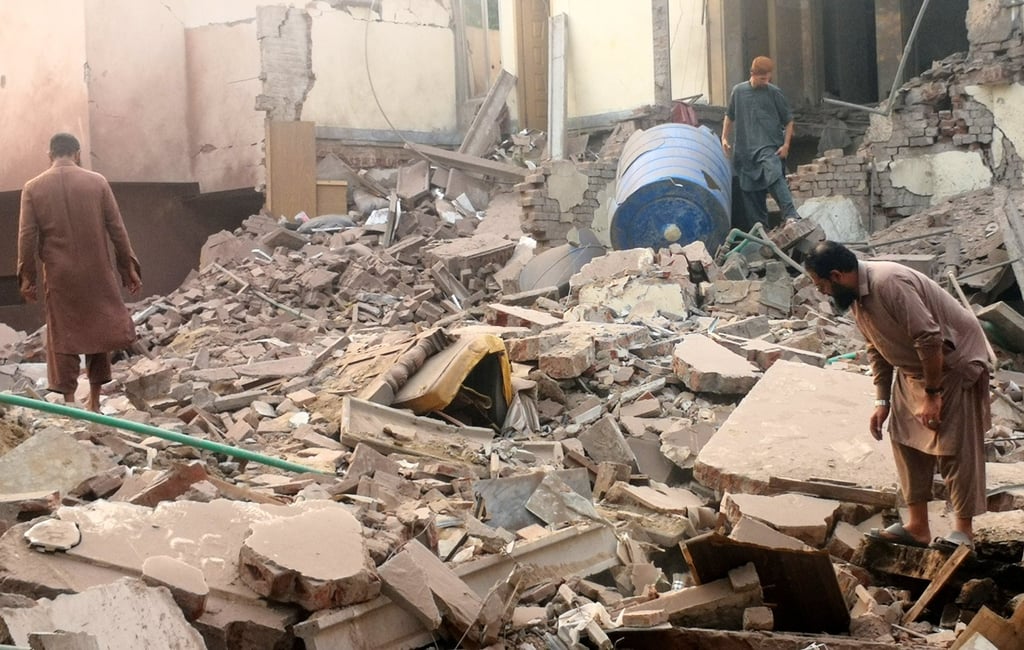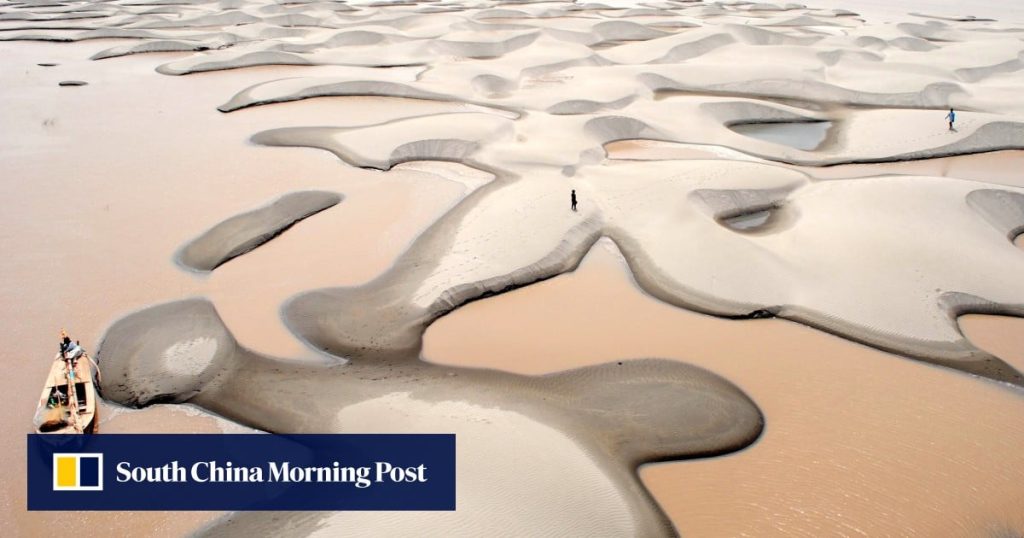Wars aren’t always fought with missiles and guns. Sometimes, the weapon is water.
India demonstrated just how potent that weapon can be this month when it reduced the flow of a tributary to the Indus River, a lifeline for Pakistan’s food security.
Weeks earlier, New Delhi had suspended a decades-old water-sharing agreement with its nuclear-armed neighbour in response to a deadly militant attack on tourists in Indian-administered Kashmir.
On Tuesday, Indian Prime Minister Narendra Modi declared that his country would stop its water from flowing over international borders, saying: “India’s water will flow for India’s benefit, it will be conserved for India’s benefit, and it will be used for India’s progress.”
A day later, Delhi unleashed a barrage of strikes on Pakistani territory. Both countries have since exchanged cross-border fire and shelling and sent drones and missiles into each other’s airspace, with about four dozen people dying in the violence.

For Pakistan, a downstream nation reliant on external sources for more than three-quarters of its renewable water supplies, the message of the past few weeks has been unmistakable: water is power, and power can be wielded.


